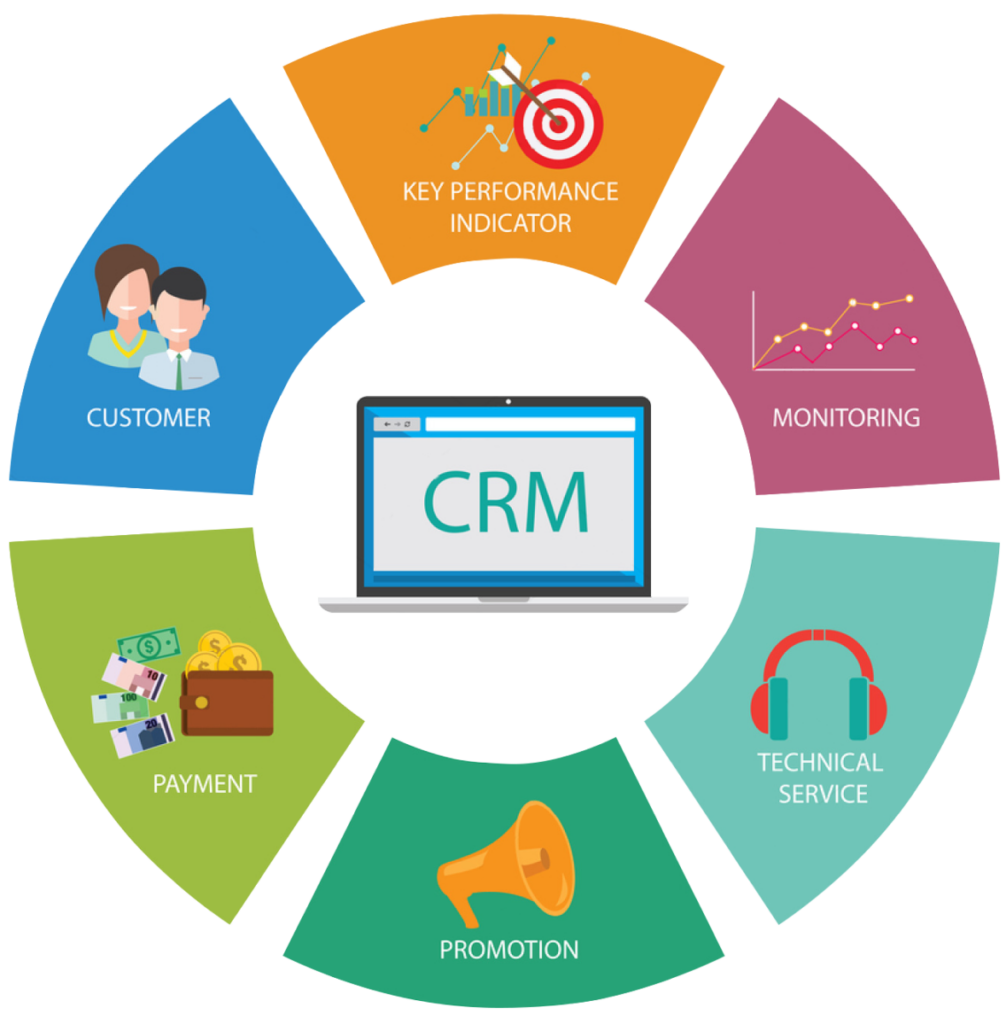
In a world where technology continuously reshapes how businesses operate, young entrepreneurs are harnessing the power of Customer Relationship Management (CRM) tools to innovate and generate income. This article explores how the younger generation is utilizing CRM systems to create profitable ventures, enhance customer experiences, and streamline operations.
Understanding CRM Tools
What are CRM Tools?
Customer Relationship Management (CRM) tools are software solutions that help businesses manage their interactions with customers. These tools enable companies to organize customer data, automate sales processes, and improve communication, ultimately leading to better customer relationships and increased sales.
The Importance of CRM in Modern Business
For young entrepreneurs, understanding and leveraging CRM tools is crucial. They allow businesses to gather insights into customer behavior, preferences, and feedback, enabling tailored marketing strategies and improved service delivery.
How Young Entrepreneurs are Innovating with CRM
1. Developing Niche CRM Solutions
Many young entrepreneurs are identifying gaps in the market and developing niche CRM solutions tailored to specific industries. For example, a CRM designed exclusively for real estate agents can integrate property management tools, enabling agents to manage listings, client communications, and sales all in one place.
Case Study: Jamie’s Real Estate CRM
Jamie, a 26-year-old entrepreneur, launched a CRM specifically for real estate professionals. By incorporating features like virtual tours and market analysis tools, Jamie created a solution that not only streamlined operations but also helped agents close deals more effectively. As a result, Jamie’s startup quickly gained traction, earning significant revenue through subscriptions.
2. Offering CRM Consulting Services
With the growing complexity of CRM systems, many businesses seek expert guidance on how to implement and utilize these tools effectively. Young entrepreneurs can offer consulting services, helping organizations choose the right CRM, customize it to their needs, and train staff.
Example: Lisa’s CRM Consultancy
Lisa started her consultancy business at 24, focusing on helping small businesses implement CRM tools. She provided training sessions and ongoing support, allowing her clients to maximize their CRM investment. This approach not only earned her a steady income but also established her as a trusted advisor in her community.
3. Creating CRM-Integrated Applications
The rise of mobile technology has opened opportunities for young entrepreneurs to develop CRM-integrated applications. These apps can enhance user experience by allowing businesses to manage customer interactions on the go.
Example: Tom’s Mobile CRM App
Tom, a tech-savvy 22-year-old, developed a mobile CRM app that syncs with existing CRM systems. This app allows sales teams to access customer information, update sales leads, and communicate with clients in real-time, even when they’re out of the office. By offering a subscription model, Tom was able to create a profitable business quickly.
Leveraging CRM for Marketing Innovations
1. Personalized Marketing Campaigns
Young entrepreneurs are using CRM tools to create personalized marketing campaigns based on customer data. By analyzing customer behavior, they can segment audiences and tailor content, leading to higher engagement and conversion rates.
Example: Mia’s Fashion Brand
Mia, a 23-year-old entrepreneur, runs an online fashion store. Using CRM data, she launched personalized email campaigns that recommended products based on past purchases. This strategy led to a 30% increase in repeat sales, demonstrating the power of targeted marketing.
2. Social Media Integration
Integrating CRM tools with social media platforms allows young entrepreneurs to manage customer interactions across channels effectively. This integration can enhance brand visibility and foster customer loyalty.
Case Study: Sam’s Coffee Shop
Sam, a 25-year-old coffee shop owner, utilized a CRM tool that integrates with social media. By monitoring customer feedback and interactions online, Sam improved service and promoted new offerings. This engagement not only attracted new customers but also built a loyal community around his brand.
Overcoming Challenges
1. Learning Curve
One of the primary challenges young entrepreneurs face is the learning curve associated with CRM tools. However, many platforms offer user-friendly interfaces and extensive support resources to ease this transition.
2. Cost Management
While CRM tools can be expensive, many affordable options exist, particularly for startups. Entrepreneurs should research different solutions and consider those that offer scalable plans.
Conclusion
The younger generation is uniquely positioned to innovate and earn through the strategic use of CRM tools. By developing niche solutions, offering consulting services, creating integrated applications, and leveraging data for personalized marketing, they are not only building successful businesses but also transforming industries. As the landscape of customer relationship management continues to evolve, the opportunities for young entrepreneurs to innovate and thrive are limitless. Embrace the technology, understand your customers, and take the leap into the exciting world of CRM-driven entrepreneurship!
